Could you benefit from better digestion? I think we all could. Follow these simple tips to get things moving!
[disclosure]
Our bodies weren’t designed to process and use a lot of the additives found in food today. But because of the SAD (standard american diet), we are being taxed constantly and are seeing a lot of problems relating to digestion because of it.
When we constantly take in what we can’t digest, things start to shut down over time. This is where IBS, gluten intolerance, celiac disease, diabetes, acid reflux disease, GERD, and many others start rearing their ugly heads at us. If you or someone you know has a digestive issue – and I am going to assume that applies to everyone reading – these simple tips are for you.
Let me preface this by saying that some issues require a lot of healing beyond making these few changes. But I hope we can all at least TRY and help our bodies out. These 3 things can assist your body to do what it was designed to.
First of all . . .
Chew your food.
It sounds silly, but think about it. Are you really CHEWING your food? How often do we sit down to a meal only to be finished eating a few minutes later? Eating on the go has become a common sight in our culture.
There is something to be said about sitting down and truly enjoying a meal. And it’s not only to reconnect with your family or friends. It’s to save your digestion.
When you chew, physical signals are activated telling your body that food is coming. The act of mastication (chewing) stimulates digestive enzymes and stomach acid. If those enzymes aren’t stimulated and you shovel food into your body, it can’t process it in the same way.
This is why chewing gum is something I strongly advise against. It sends your body into a constant state of “food is coming.” This won’t help you lose or even maintain weight, which is a common misconception implied by sneaky marketing. Over time it can decrease the amount of enzymes and acids produced so that when food actually does come, it can’t handle the load.
The digestive system is a delicate one that takes a lot of energy to run. Anything we can do to help it along will work to eliminate common issues such as cramping, bloating, gas, acid reflux, etc.
Another important note about chewing — as you chew you incorporate saliva into your food, which helps to water it down. If this happens, when food hits the stomach is is already partially digested and moves along much easier. It also enables you to better absorb the nutrients found in the food, which is why we should be eating in the first place, to nourish.
When we rush and swallow big chunks of our meal, the stomach can’t handle it. It can even push along some of those bigger pieces into the intestine where they will gather bacteria and rot, causing more cramps/bloating/gas pains.
Chew slowly, until your food is almost liquefied (I know it sounds gross, but try your best), then swallow.
Don’t drink with your meals.
When going out to eat in North America, what is one of the first things you witness? A waitress bounding to the table with a pitcher full of ice water, happy to fill you a glass. Even if you aren’t drinking anything else, you will always be offered the water.
Don’t do it. Drinking cold beverages while eating slows down digestion considerably. The temperature shocks your system and it slows and even shuts down to compensate. If you are chewing your food well, you should be creating enough saliva to aid in the swallowing and digestion of your meal.
Another point to consider is that adding all of that liquid to your stomach only dilutes those important acids and enzymes that enable you to digest properly. If diluted, your stomach can’t properly break down and move those things along to the small intestine.
If you feel like I just slapped you in the face and you can’t imagine a meal without beverages, I will allow you to sip something warm or hot while eating. See, I do care!
I opt for herbal tea with most of my meals, or nothing at all. We don’t set the table with glasses at our house. Try to find a good ginger or peppermint tea, as these aid in digestion. The warmth won’t shock the system as much, but don’t go guzzling it! Most often, I drink my tea an hour or so after my meal.
SLOW DOWN.
I already touched on the importance of chewing slowly, but taking your time overall with a meal is vital to digestive health. As you eat, there are a lot of things going on. There are a lot of hormones and feedback loops signaled between your gut and your brain as you eat. The problem is that these things take TIME.
Often we are eating so quickly that the body can’t send the signals fast enough. Hormones signal to the brain that we are full, but if we don’t slow down, we consume more calories than we need because we are in a hurry.
As you may have guessed, not only does slowing down and chewing properly aid digestion, it also helps with weight management. If your body receives the proper signals while eating, you won’t over eat. It’s that simple.
To summarize:
Be nice to your body and it will be nice to you. Take your time eating. Sit down and really be mindful of what you are consuming and how it feels.
Some of my favorite meals are those I spend alone (not often, trust me), reflecting on life and future goals, and really savoring every single bite.

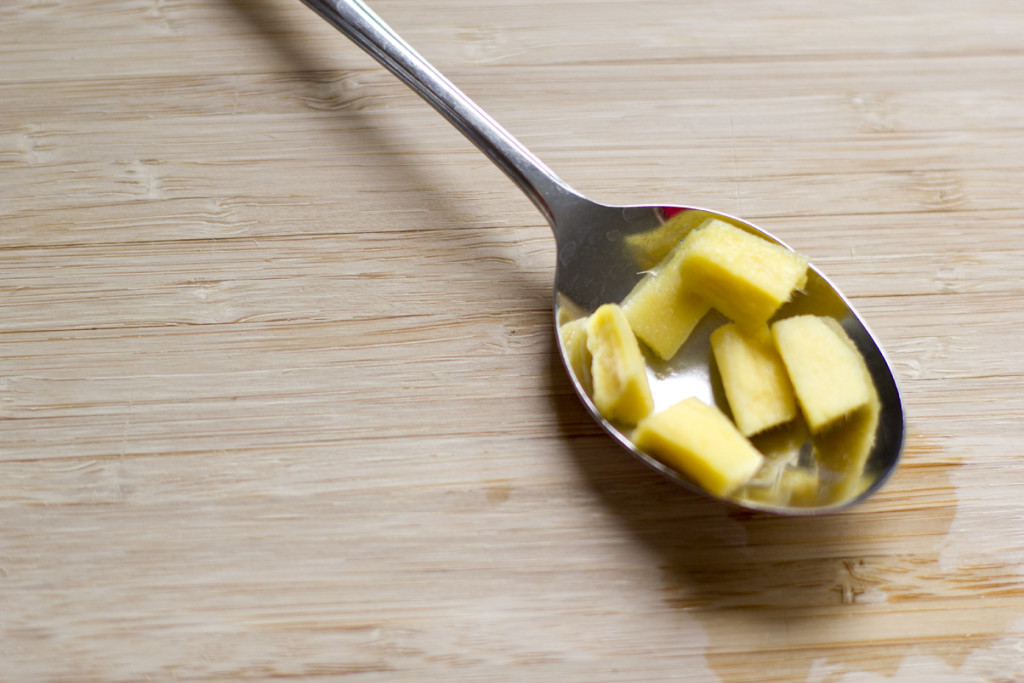
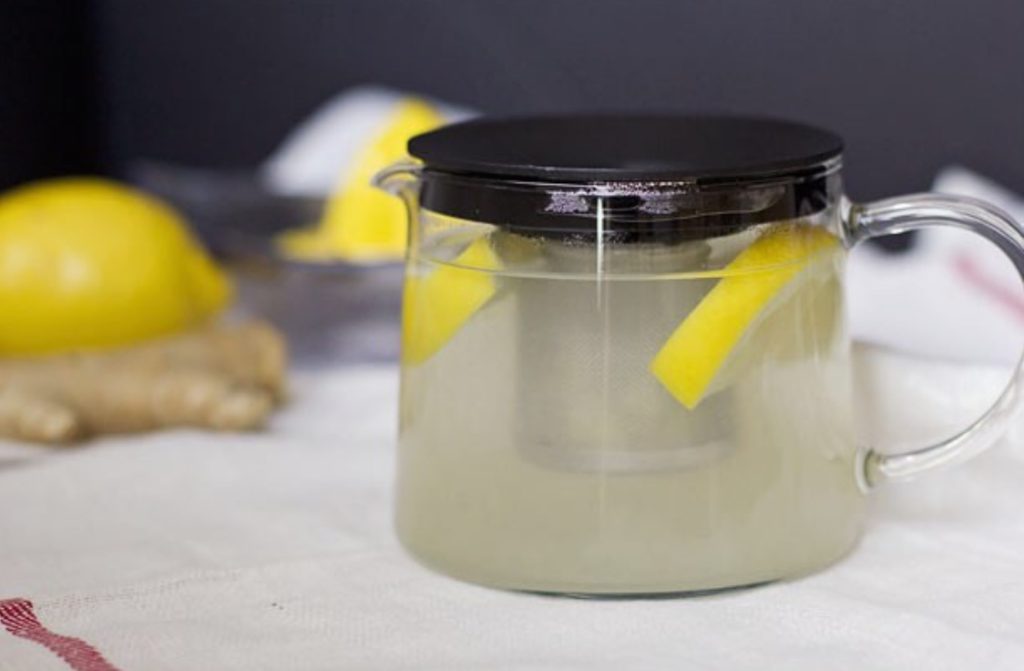
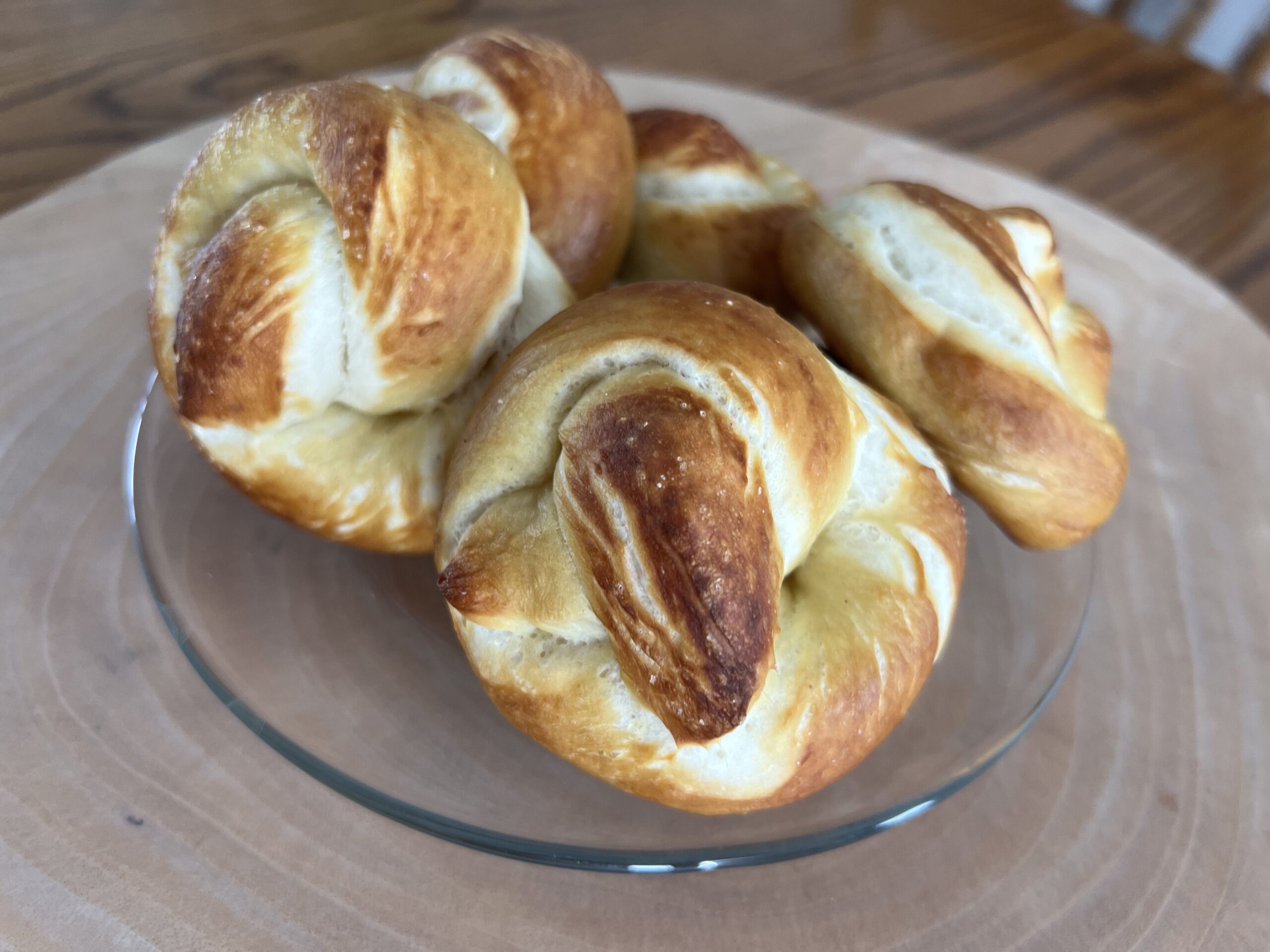

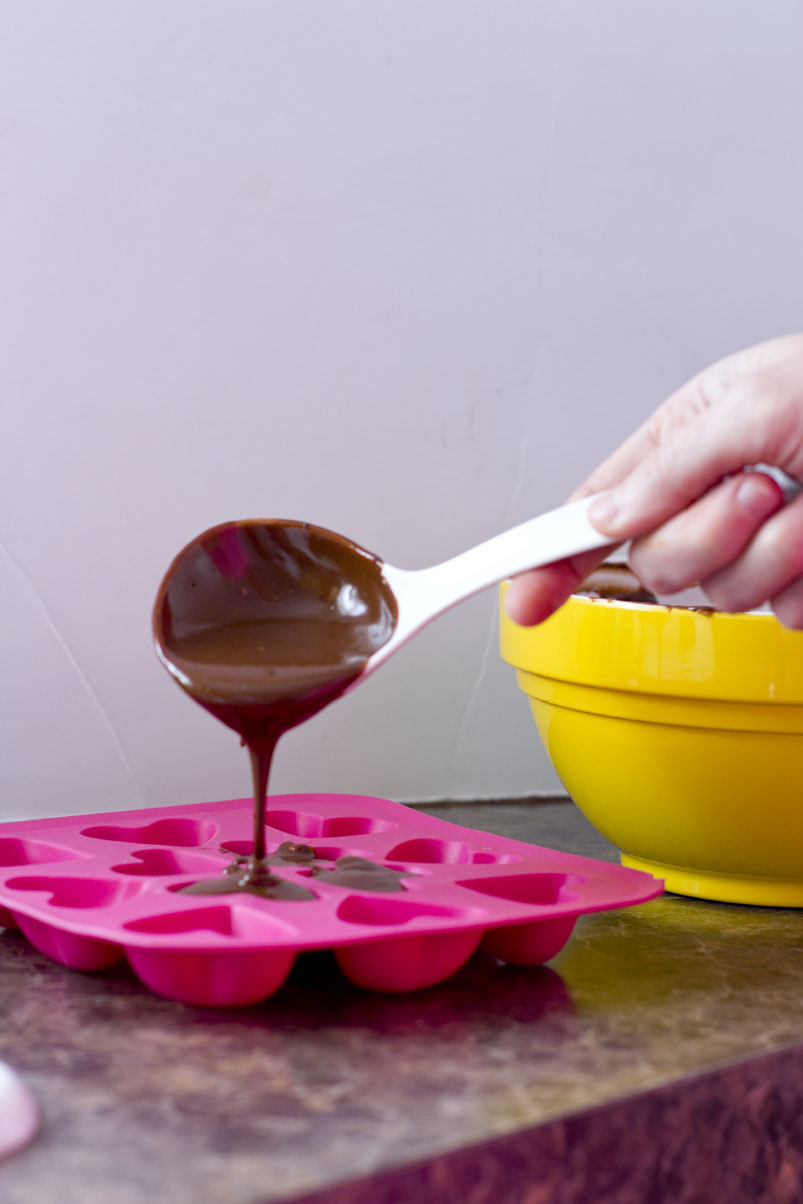
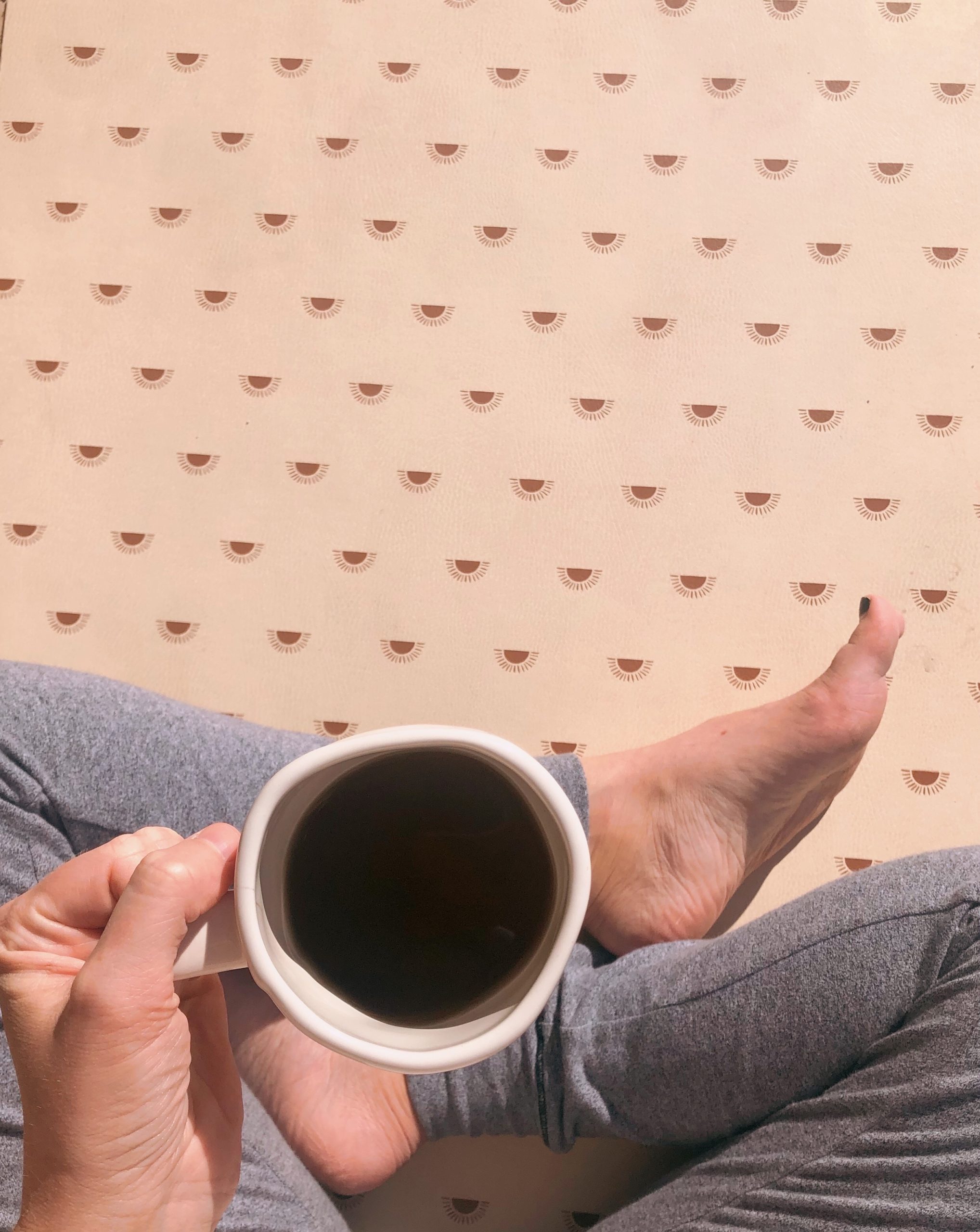
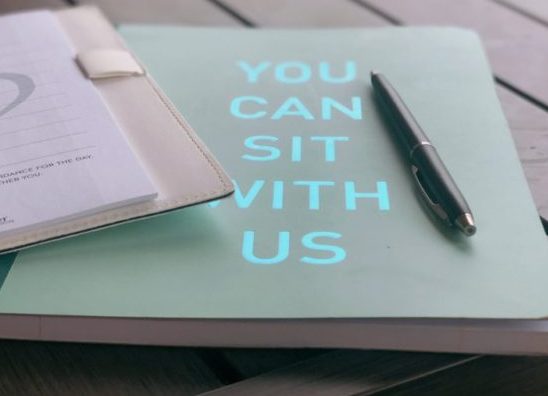
my husband calls me crazy because i don’t drink anything when we eat…my glass isn’t even there…i tried to tell him… 🙂
HA. That’s so awesome! Stay strong! My in-laws think it’s crazy probably, and I have to remind myself to set glasses for them when they come over.